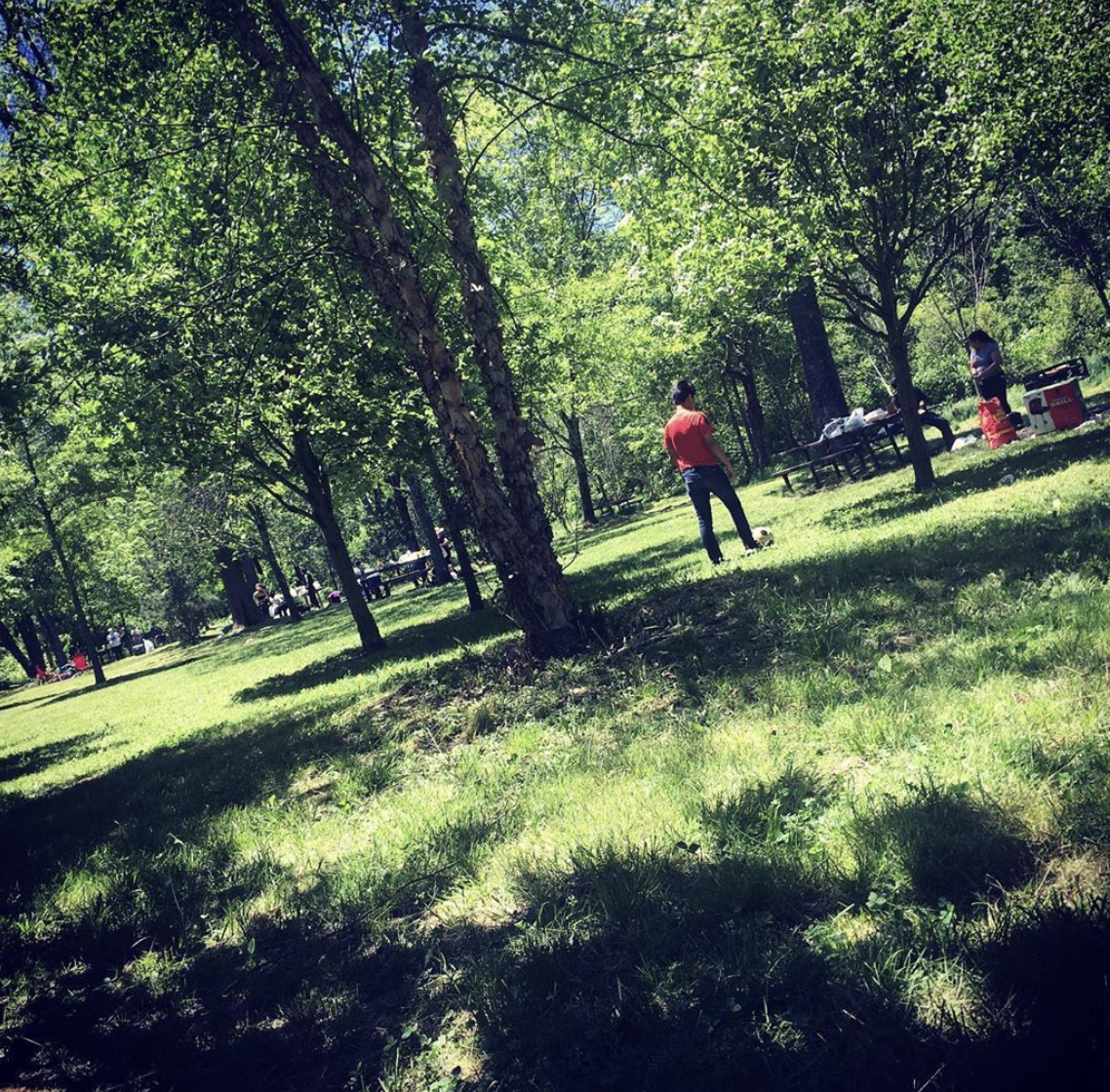Within the interpersonal realm, surrender is the willingness to leave our position to join the other.
To make the empathetic leap and see things from somebody else’s perspective.
But in the intrapersonal realm, meaning, that which goes on exclusively within our own minds and hearts, surrendering means something different. It’s the willingness to leave our ego and join the only reality there is.
And make no mistake, this is a skill. Surrendering is a muscle. It’s something we have to practice on a daily basis, both in the macro and the micro.
Here’s a quick assessment to help you assess your own relationship with surrender.
Do you obsess about things that don’t go your way, or do you move on with your life quickly and without guilt?
Do you debate trifling issues that are irrelevant to your current situation, or do you stay focused and unperturbed by the debris?
Do you whine about interruption and create a swampy backwater of unproductive energy, or rise above the noise and forget it ever happened?
Do you feel instantly abandoned and devastated at even the slightest rejection, or is your beingness so solid that the routine of everyday life does not derail you?
Clearly, this is not a scientific tool. But if your answers tended towards the first part of each question, perhaps your relationship with surrender could benefit from some additional attention.
It’s certainly a better use of your time than fighting reality every step of the way.
Remember, the more you let go in your life, the less stressed you’ll be.
LET ME ASK YA THIS…
Are you ready to leave your ego and join the only reality there is?

